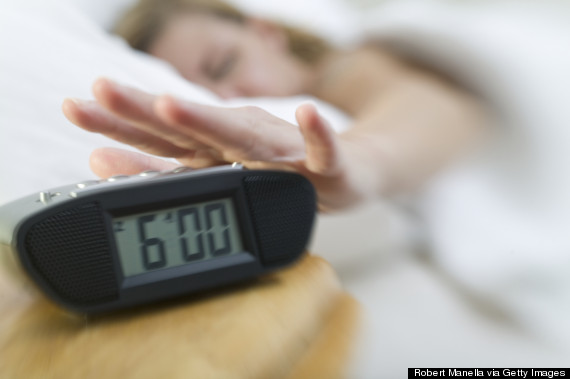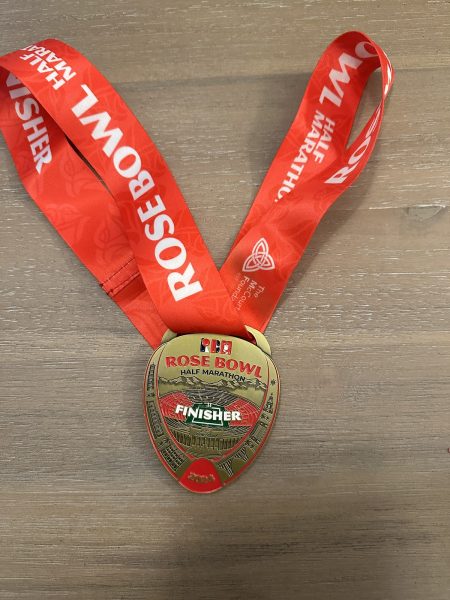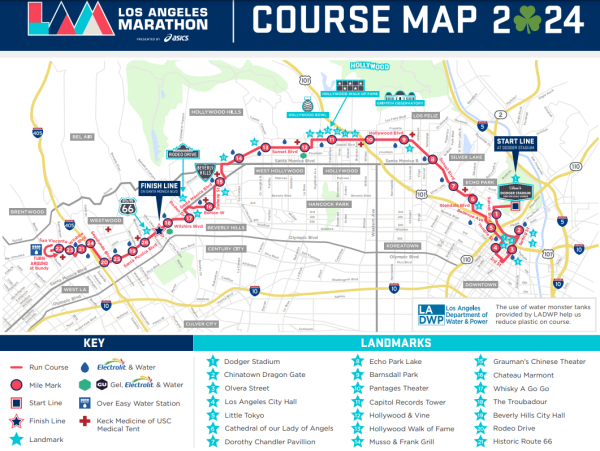Hitting the Snooze Button is Bad for You?
May 14, 2015
Beep, beep, beep. You fumble around for your alarm clock because the amount of sleep you get never feels like it is ever enough, so you use your snooze button to squeeze in an extra 5, 10, 20, 30 minutes.
“Nothing pushes my buttons quite like that irritating sound coming from my bedside alarm clock in the morning. Luckily, my ticker comes with a snooze feature. Just one tap and I buy myself another nine minutes of slumber, says Erinn Bucklan, a writer for upwave.com.”
“When you hit the snooze button repeatedly, you’re doing two negative things to yourself,” says Robert S. Rosenberg, medical director of the Sleep Disorders Centers of Prescott Valley and Flagstaff, Arizona. “First, you’re fragmenting what little extra sleep you’re getting so it is of poor quality. Second, you’re starting to put yourself through a new sleep cycle that you aren’t giving yourself enough time to finish. This can result in persistent grogginess throughout the day.”
Scientists call this sleep inertia: the feeling of grogginess and disorientation that can come from awakening from a deep sleep.(CNN). “The thing about snooze buttons that most of us don’t understand is that instead of giving us an extra, precious few minutes of sleep, they’re robbing us of a lot of mental clarity,” states author and writer, Maria Konnikova. Coffee and cold showers won’t help you. It will take at least an hour or an hour and a half to sleep off the sleep inertia. “You’re throwing off your circadian cycle,” he says. The circadian cycle, present in humans and most other animals, is generated by an internal clock that is synchronized to light-dark cycles and other cues in an organism’s environment. This internal clock accounts for waking up at the same time every day even without an alarm clock. Disrupting the circadian cycle can impair your ability to feel awake during the day and sleepy at night.
“I always assumed that the snooze button was bad for me because when it comes to getting up in the morning for school, all I want to do is press the snooze button. But that just makes it harder to start my day and I hate being late no matter what the occasion happens to be. I’ve never been one to use the snooze button instead I set multiple alarms in the morning to trick myself into pretending to hit the snooze button,” states Victoria Sturges (9).
Is banishing the snooze button enough to make you feel your best during the day? Nope. People who press the snooze button are actually not getting enough sleep on a daily basis. If you constantly feel like pressing the snooze button, go to sleep an hour early. In humans, the internal clock is located within the brain’s hypothalamus and pineal gland, which releases melatonin in response to the information it receives from photoreceptors in the retina. Nighttime causes melatonin secretion to rise, while daylight inhibits it. Even when light cues are absent, melatonin is still released in a cyclical manner, so don’t use electronics that emit blue lights that hurt your sleep. It delays melatonin production (NIGMS).
“Turn off those electronics 90 minutes before lights out to help promote sounder sleep,” stated Rosenberg. One way you can prevent yourself from pressing the snooze button is by hiding the alarm clock or placing it somewhere where you have to get up to turn it off. It will put an end to you desire of getting 9 more minutes of extra sleep and it’s doctor approved.






















